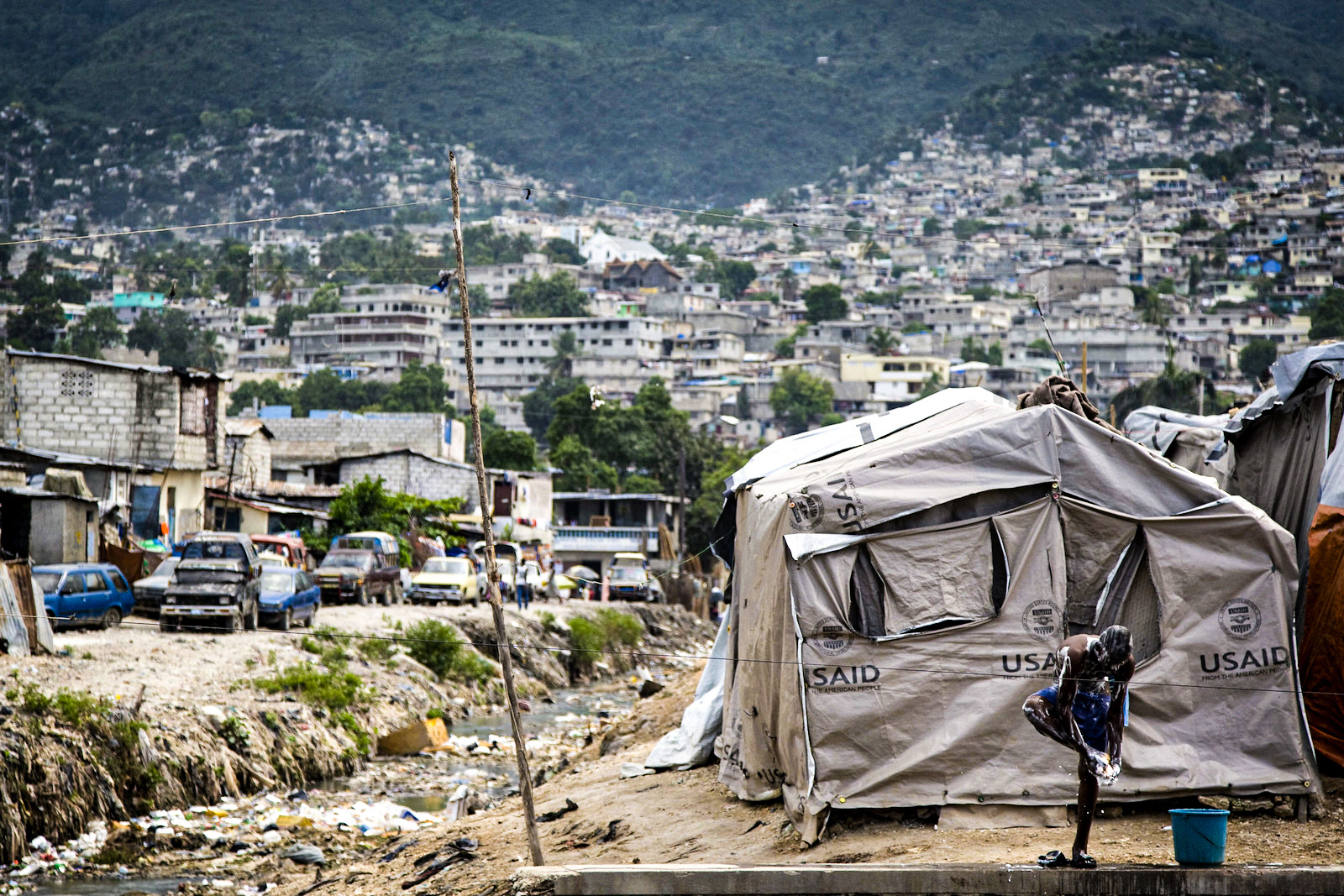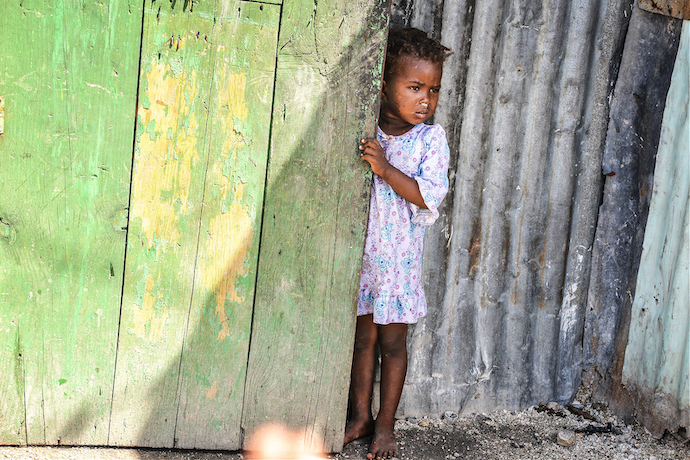
Haiti’s Violet Gangs are Sticking Around
The UN Security Council voted Monday to send a Kenyan-led ‘international security force’ to help Haiti combat violent gangs. The resolution was adopted with 13 votes in favor and 2 abstentions from Russia and China. The question is whether this new security force can help the troubled Caribbean nation.
After the vote, the United Nations said, “The UN Security Council on Monday authorized the deployment of an international security force to help Haiti’s national police quell surging gang violence and restore security across the strife-torn Caribbean nation.”
Last year, Haitian Prime Minister Ariel Henry called for the urgent dispatch of an armed security force to address rising gang violence and ensure safety, aiming to pave the way for the country to finally conduct long-delayed elections. The task has been challenging for the Haitian National Police, as they have a relatively small force with approximately 10,000 officers for a nation with over 11 million residents.
Haiti’s struggles with violent gangs can be attributed to a myriad of complex historical, political, social, and economic factors. The nation has experienced political instability and rampant corruption, creating power vacuums that gangs have been able to exploit. Economic hardships, due in part to natural disasters and limited resources, have also contributed to the rise of gangs as they often provide an alternative means of survival for many in impoverished areas. Additionally, social issues, such as lack of access to education and job opportunities, further fuel gang involvement.
To control the gangs, the Haitian government has undertaken various measures, that have all largely failed to make a dent in gang violence. They have focused on strengthening the National Police to better combat gang violence and ensure public safety. There have also been efforts to engage communities in anti-gang initiatives and provide alternatives for young people to deter them from gang involvement. Judicial and prison system reforms have been proposed to ensure that those involved in criminal activities are prosecuted and rehabilitated. On a broader scale, there is a pressing need to address the underlying socioeconomic conditions that give rise to gang activities.

Hours after the vote, Prime Minister Henry thanked the UN Security Council, Secretary-General António Guterres, Kenya, and other countries who agreed to join the force, saying, “The bell of liberation sounded…We couldn’t wait any longer!”
Haiti’s Foreign Minister Jean Victor Geneus thanked ambassadors for their support. “More than just a simple vote, this is in fact an expression of solidarity with a population in distress.”
He added that the resolution is a glimmer of hope for the Haitian people who have for too long suffered the consequences of a multipronged crisis. He urged member states to commit to the mission “as quickly as possible” to help restore a safe and stable environment and re-establish democratic institutions there.
The resolution, adopted under the UN Charter’s Chapter VII, which sets out the UN Security Council’s responsibilities to maintain international peace and security, was penned by the United States and Ecuador.
It wasn’t immediately clear how large the force would be and to what extent its activities would encompass. Kenya’s government has previously proposed sending 1,000 police officers. In addition, Jamaica, the Bahamas, and Antigua and Barbuda have all pledged to send personnel.
According to the UN, the Haitian government and civil society representatives requested the mission after enduring months of chaos and steadily deteriorating conditions for civilians. This year alone, over 3,000 homicides and more than 1,500 kidnappings for ransom have been reported. Armed gangs are responsible for the escalating sexual violence and abuse against women and girls. Additionally, around 200,000 people have been forced to abandon their homes, and tens of thousands of children have been deprived of education due to unsafe conditions.
The UN authorized the mission to safeguard essential facilities and transit points, including airports, ports, schools, hospitals, and key intersections. Given past experiences and failed UN missions, participating countries are expected to maintain discipline among their personnel and establish an oversight mechanism to mitigate human rights violations or abuses, particularly sexual exploitation.
Multinational missions, often initiated to bring peace, stability, or humanitarian assistance to regions in crisis, sometimes encounter significant challenges that prevent them from achieving their intended outcomes.
One stark example is the United Nations Operation in Somalia II (UNOSOM II), which began in 1993 with the goal of restoring order in war-torn Somalia. This mission faced formidable opposition from local militias, and its challenges culminated in the Battle of Mogadishu, resulting in the deaths of 18 American soldiers and the wounding of 73 others. As a result, the mission withdrew without establishing lasting stability in the region.
Another mission that faced critical hurdles was the United Nations Protection Force (UNPROFOR) in Bosnia during the 1992-1995 Bosnian War. UNPROFOR drew criticism for its inability to prevent several atrocities, most notably the Srebrenica massacre in 1995 where over 8,000 Bosniaks were killed. These missions underscore the complexities and uncertainties inherent in multinational interventions and future missions such as the security force slated to arrive in Haiti.
Although not an actual UN peacekeeping mission, the security force is entrusted with ensuring that humanitarian aid reaches millions of Haitians safely and without obstruction, marking a critical step towards alleviating the ongoing crisis.
But beyond the humanitarian aid element, security personnel are somehow expected to mitigate or resolve the deep-rooted gang violence that has gripped Haiti for so many years. That is a goal that the United Nations is unlikely to succeed in achieving.

